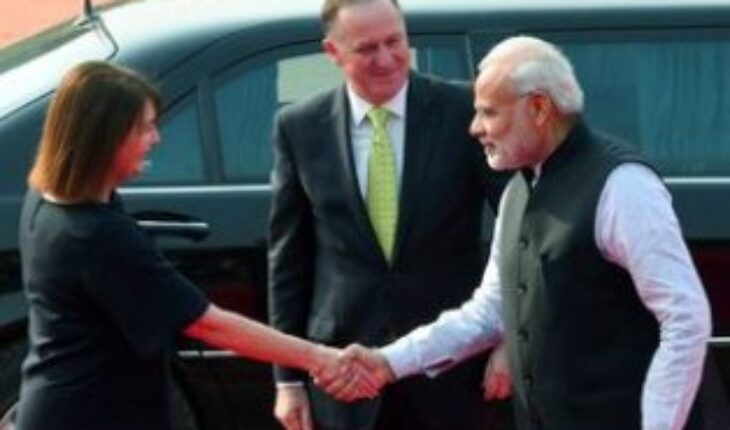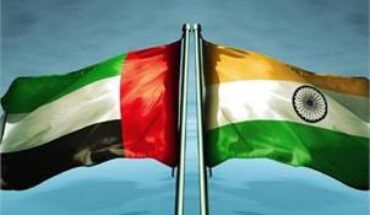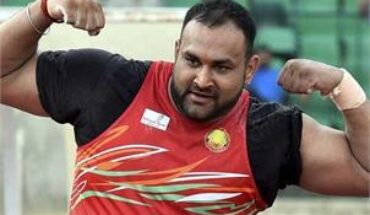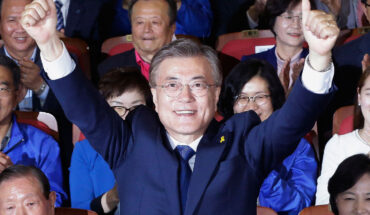NEW DELHI: India and New Zealand have agreed to strengthen ties in key areas of trade, defence and security during talks between Prime Minister Narendra Modi and his Kiwi counterpart John Key, who also assured that his country will contribute “constructively” to the process currently underway in the NSG to consider India’s membership.
After the “productive” talks between the two Prime Ministers, the two sides inked three pacts including one pertaining to Avoidance of Double Taxation and the Prevention of Fiscal Evasion with respect to Taxes on Income and decided to establish Foreign Minister-level dialogue as well as exchanges on cyber issues.
Asserting that they had detailed and productive discussions on all aspects of the bilateral engagement and multilateral cooperation, Modi at a joint media event with Key said, “I am thankful to Prime Minister Key for New Zealand’s constructive approach to the consideration of India’s membership of the Nuclear Suppliers Group (NSG).” There was no clear word of support on India’s entry into 48-nation NSG from the visiting leader, who only said, “New Zealand would continue to contribute constructively to the process currently underway in the NSG to consider India’s membership.” Noting that they had a “detailed” discussion on India’s NSG bid, Key also said, “New Zealand is committed to working with NSG members to reach a decision as soon as possible.” New Zealand acknowledged the “importance to India of it joining the NSG”, a joint statement issued after the talks said, adding that India stressed that this would provide the predictability necessary for meeting India’s clean energy goals in the context of the Paris agreements. New Zealand was one of the countries that took the stand at the last NSG plenary in South Korea in June that no exception can be made in the case of India, a non-NPT country, while considering its membership bid of the elite group that regulates trade in nuclear material. At the plenary, despite strong US support, China had blocked India’s bid on the ground that it was a not a signatory to the Nuclear Non- Proliferation Treaty (NPT). On security and counter-terrorism ties, Modi said they have agreed to strengthen security and intelligence cooperation against terrorism and radicalisation, including in the domain of cyber security. According to the joint statement, the two Prime Ministers agreed to enhance cooperation, bilaterally as well as in the framework of UN and especially in 1267 Committee, to combat the full spectrum of terrorist threats in all their forms and manifestations. “They called for eliminating terrorist safe havens and infrastructure, disrupting terrorist networks and their financing, and stopping cross-border terrorism. Both sides called for the early adoption of the Comprehensive Convention on International Terrorism that would contribute to the further strengthening of the international counter-terrorism legal framework,” it added.—PTI






